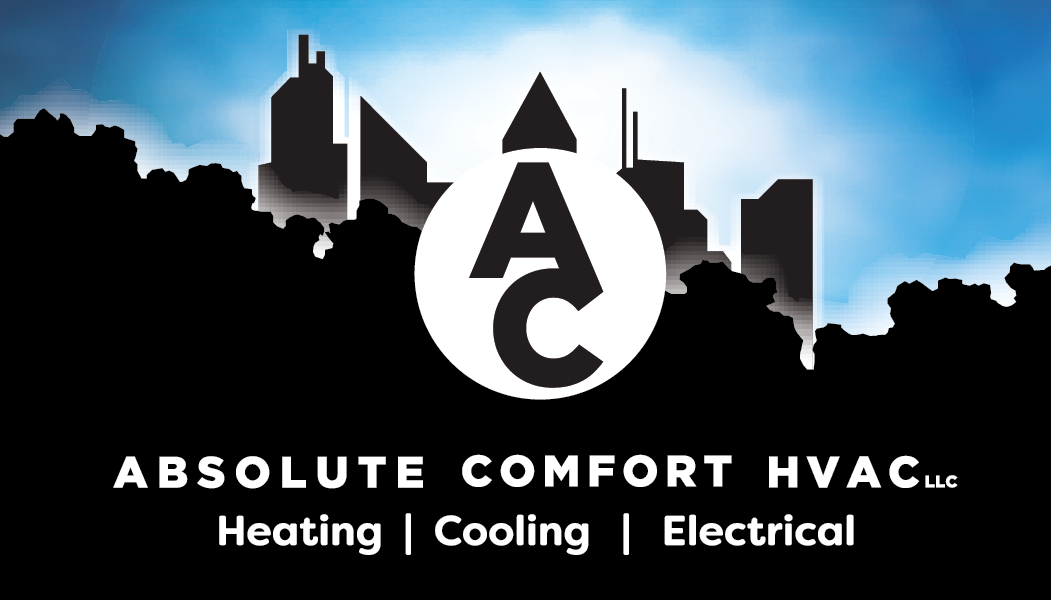Preparing for a home generator installation is an essential task for homeowners who want to ensure uninterrupted power during outages. A home generator can keep your household running smoothly, providing electricity for essentials like refrigeration, heating, and medical devices. However, installing a generator involves several important steps that can’t be overlooked.
Evaluating Your Home’s Power Needs for a Generator
Before installing a home generator, it’s essential to evaluate your home’s power needs. This involves determining which appliances and systems are most critical during a power outage. Commonly, homeowners prioritize refrigerators, heating systems, air conditioning units, and vital medical equipment.
Our professionals can help you calculate the total wattage required to run these essential devices. This calculation is crucial for selecting a generator with the appropriate capacity. It’s not just about adding up the wattage; you also need to consider the startup wattage of some appliances, which can be significantly higher than their running wattage.
In addition to evaluating wattage, we will also assess your home’s fuel preferences and budget. Some generators run on natural gas, while others use propane or diesel. Our technicians can provide guidance on the best fuel type for your specific needs. By thoroughly evaluating your power requirements, we ensure that your home generator installation will keep your household running smoothly during an emergency.
Selecting the Right Type of Home Generator
Choosing the right home generator involves understanding the different types available and their specific advantages. The two main types are portable generators and standby generators. Portable generators are usually smaller, easier to move, and less expensive but require manual setup and fueling. Standby generators are permanently installed, automatically activate during an outage, and are generally connected to a fuel source like natural gas or propane.
Consider the size of your home and your specific power needs when selecting a generator. A standby generator is more suitable for larger homes or those with higher power demands because it can support multiple appliances simultaneously. Portable generators might be sufficient for smaller homes or for short-term use during brief outages.
Features such as automatic transfer switches, remote monitoring, and noise levels are also important considerations. Our technicians can help you navigate these options to select a generator that provides reliable, efficient, and convenient power backup for your home. By carefully evaluating your needs and the available options, you can make an informed decision that ensures preparedness for any power outage.
Steps to Prepare for a Home Generator Installation
Before installing a home generator, certain preparation steps are essential to ensure the process goes smoothly. The first step involves selecting an appropriate location for the generator. It needs to be placed on a stable, existing surface, away from windows and doors to prevent carbon monoxide from entering the home. Our technicians can help you choose a safe and optimal spot.
The second step is to secure all necessary permits and inspections. Most local regulations require permits for home generator installations to ensure safety and compliance with electrical codes. Our professionals are familiar with these requirements and can assist you in obtaining the necessary permits.
The final step involves making electrical and fuel connections. This includes setting up a transfer switch to allow safe and efficient transfer of power from the generator to your home’s electrical system. The generator needs to be connected to a fuel source, such as natural gas or propane. Our technicians will handle all these connections safely and accurately, ensuring your system is ready to provide power during emergencies.
Maintenance Tips and Safety Considerations for Home Generators
Proper maintenance is crucial for the longevity and reliability of your home generator. Regularly inspecting the generator for any wear and tear can prevent potential breakdowns. Routine tasks include checking the oil level, inspecting fuel lines, and ensuring the air filters are clean.
Scheduling regular service appointments with our professionals is another critical aspect of maintenance. They can perform a comprehensive check on the generator, including testing its performance and efficiency. Regular servicing helps identify and fix small issues before they become major problems.
Safety considerations are just as important. Never use a generator indoors or in enclosed spaces to avoid carbon monoxide poisoning. Ensure there is proper ventilation where the generator is installed. Additionally, make sure all family members know how to operate the generator safely. Using the generator according to the manufacturer’s instructions and our guidelines ensures safe and reliable operation.
Conclusion
Installing a home generator can provide peace of mind and security during power outages. Evaluating your home’s power needs and selecting the right type of generator are essential steps in this process. Proper preparation and installation by skilled professionals ensure that your generator functions optimally when you need it most. Regular maintenance and safety checks further guarantee reliable performance and extend the lifespan of your investment.
If you’re ready to experience the benefits of a home generator, our team at Absolute Comfort HVAC is here to help. Our professionals offer expert home generator installation near you in Waukesha, ensuring you have a reliable power backup. Contact us today to schedule a consultation and take the first step towards a more secure and comfortable home!


